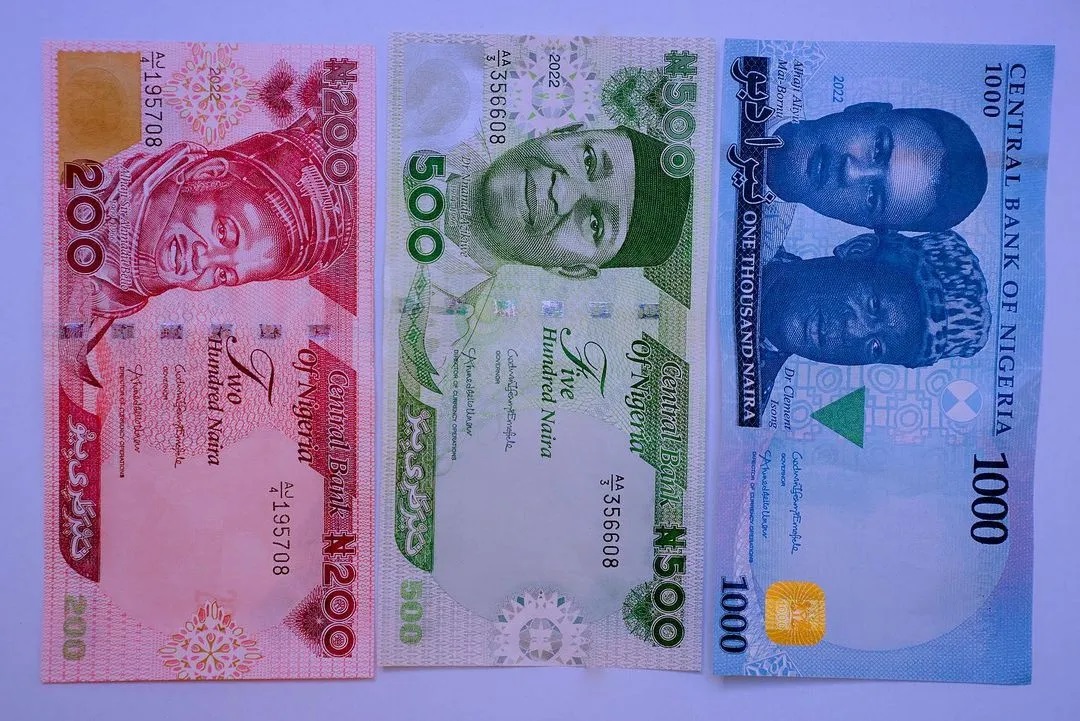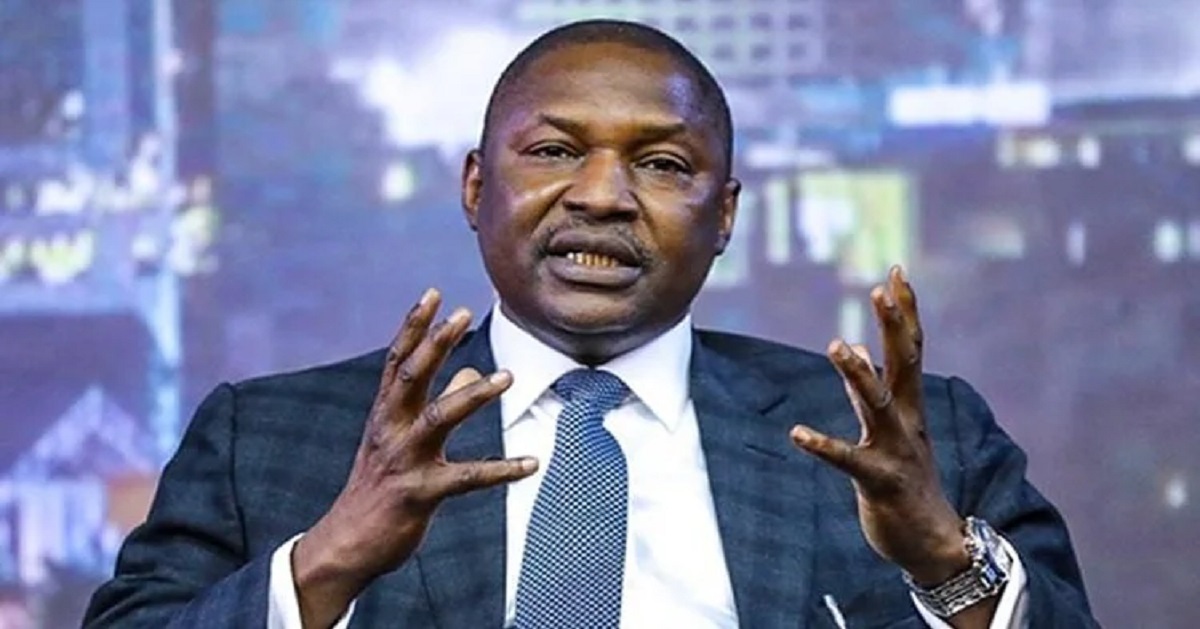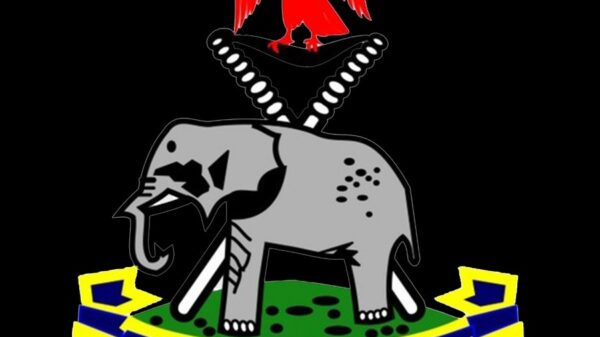The Supreme Court on Wednesday fixed March 3 for judgment in the suits filled by some State Governors against the Federal Government over the cashless policy by the CBN in old Naira note withdrawal.
Justice Inyang Okoro, who led the seven-member panel of justices, fixed the date after taking arguments from parties involved in the suits.
The News Agency of Nigeria (NAN) reports that 16 states have so far filed the suit are against the federal government over the cashless policy.
All the states in their respective motions pitched their tents with the three aggrieved states namely Kaduna, Kogi and Zamfara that initially ignited the legal battle.
All the states in their respective motions pitched their tents with the three aggrieved states that initially ignited the legal battle.
The 16 states are: Kaduna, Kogi, Zamfara, Ondo, Ekiti, Katsina, Ogun, Cross River, Lagos, Sokoto, Rivers, Kano, Nasarawa, Abia, Jigawa and Niger
While Edo and Bayelsa had pitched their tents with the federal government.
Edo and Bayelsa counsel had told the panel that they were in support of the cashless policy regime and sought to be joined as respondents.
The Supreme Court had temporarily stopped the withdrawal of old Naira Notes from Feb. 10 across the nation.
A seven-member panel led by Justice John Okoro, halted the move in a ruling in an exparte application brought by three northern states of Kaduna, Kogi and Zamfara.
The three states had specifically applied for an order of Interim Injunction restraining “the federal government through the Central Bank of Nigeria (CBN) or the commercial banks from suspending or determining or ending on Feb. 10, the time frame with which the now older version of the 200, 500 and 1,000 denomination of the naira may no longer be legal tender pending the hearing and determination of their motion on notice for interlocutory injunction”.
Delivering ruling in that motion, Okoro, held that after a careful consideration of the motion exparte this application is granted as prayed.
“An order of Interim Injunction restraining the federal government through the Central Bank of Nigeria (CBN) or the commercial banks from suspending or determining or ending on Feb. 10,, the time frame with which the now older version of the 200, 500 and 1,000 denomination of the naira may no longer be legal tender pending the hearing and determination of their motion on notice for interlocutory injunction”.
Moving the application on Wednesday, counsel to the applicants, Mr A. I. Mustapha, SAN, urged the apex court to grant the application in the interest of justice and the well-being of Nigeria.
He stated that the policy of the government has led to an “excruciating situation that is almost leading to anarchy in the land “.
While he referred to a Central Bank of Nigeria’s (CBN) statistics which put the number of people who don’t have bank accounts at over 60 percent, Mustapha lamented that the few Nigerians with bank accounts can’t even access their monies from the bank as a result of the policy.
The senior lawyer further argued that unless the Supreme Court intervenes the situation will lead to anarchy because most banks are already closing operations. (NAN)
![]()



























































